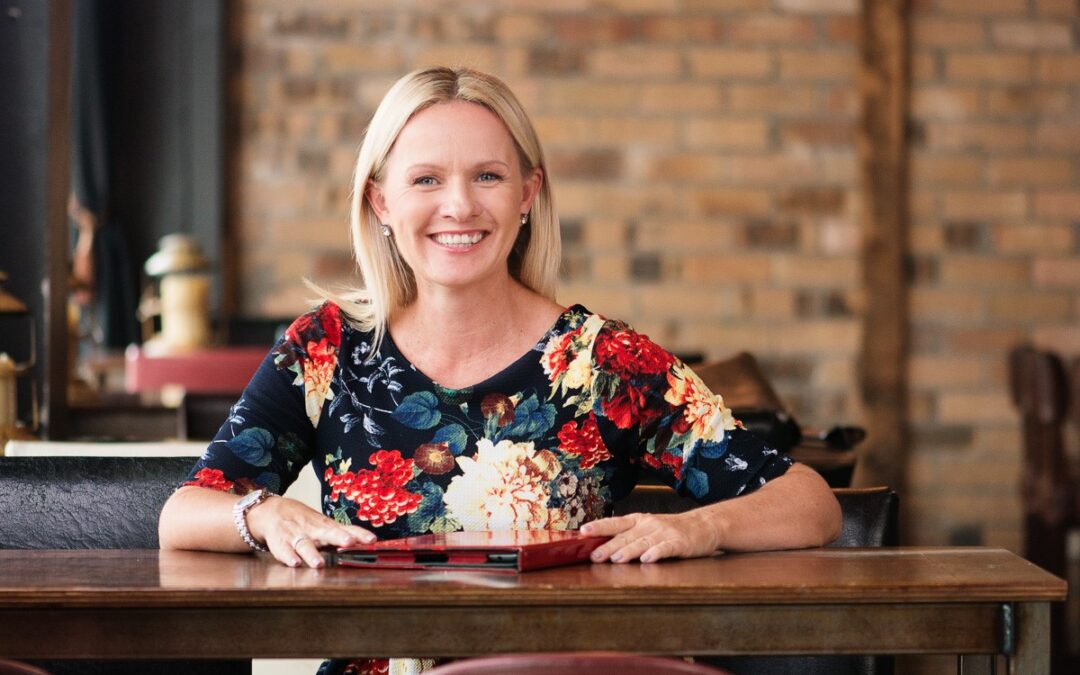Throughout our work, we speak to many leaders and experts who provide terrific insights and knowledge in relation to domestic and family violence (DFV) and the role of the workplace.
These insights are really valuable, and we would like to share them, so we have interviewed a range experts to capture this knowledge and share them with you.
The first of these articles features Sonia McDonald. Sonia is the Founder and CEO of Leadership HQ – an organisation that inspires, transforms and empowers leaders through connection, knowledge and kindness.
Sonia knows what it takes to be a great leader, team and business, and has a reputation for brining out the best in others. She is a keynote speaker and advisor who has authored three books, inspired thousands of leaders, and she was named in the top 100 entrepreneurs in Australia and top 250 influential women across the globe by Richtopia.
We caught up with Sonia recently to discover her thoughts on the role of the workplace and leaders in the stand against DFV. Here are her thoughts.
What role does the workplace have in the stand against DFV?
People aren’t generally taught at school or college about DFV, and it is usually only something people understand if they have experienced it. The workplace has a role to play in generating awareness to create a culture of understanding. We need to offer empathy and compassion to support people to open up and talk about it so they can receive the support they need.
As someone who has experienced DFV with my daughter, it had a huge impact on me, and at the time I felt like no-one wanted to know. It is good to see that people are now more open about this topic, as it affects so many of us.
We also need to realise that the workplace is life, and it’s very hard to separate the things that happen in and out of work. Is is important that employers create the right policies and culture to provide a safe and supportive environment to enable managers and co-workers to help one another.
What are the key issues, and your thoughts on positive solutions?
Some organisations really understand DFV and its challenges, but for others it is still a taboo. And many organisations simply don’t know what to do. This is why it’s so important that we all work together to make a change. We can’t do it in isolation. We need to create a movement.
The more ideas and insights we share as leaders, the more others will share. This is a critical topic. If we as leaders don’t take a stand, who will?
As a leader, what can you and other leaders do to address DFV?
My advice to leaders who want to make a change in relation to DFV within their organisation or industry is to ask yourself the following questions:
• What you can do to create a positive shift?
• How can you develop a culture where people feel safe and secure to come forward to talk about DFV and will be supported when they do so?
• What policies and procedures are meaningful to your employees and managers?
• How can I connect with other organisations to make a larger change?
WorkHaven would like to thank Sonia for her knowledge and providing some great food for thought. For more information about Leadership HQ and their incredible leadership development programs, please visit www.leadershiphq.com.au
If you are a leader with insights and advice in relation to taking a meaningful stand against DFV in the workplace, we would love to hear from you. Please reach out to [email protected]


Recent Comments